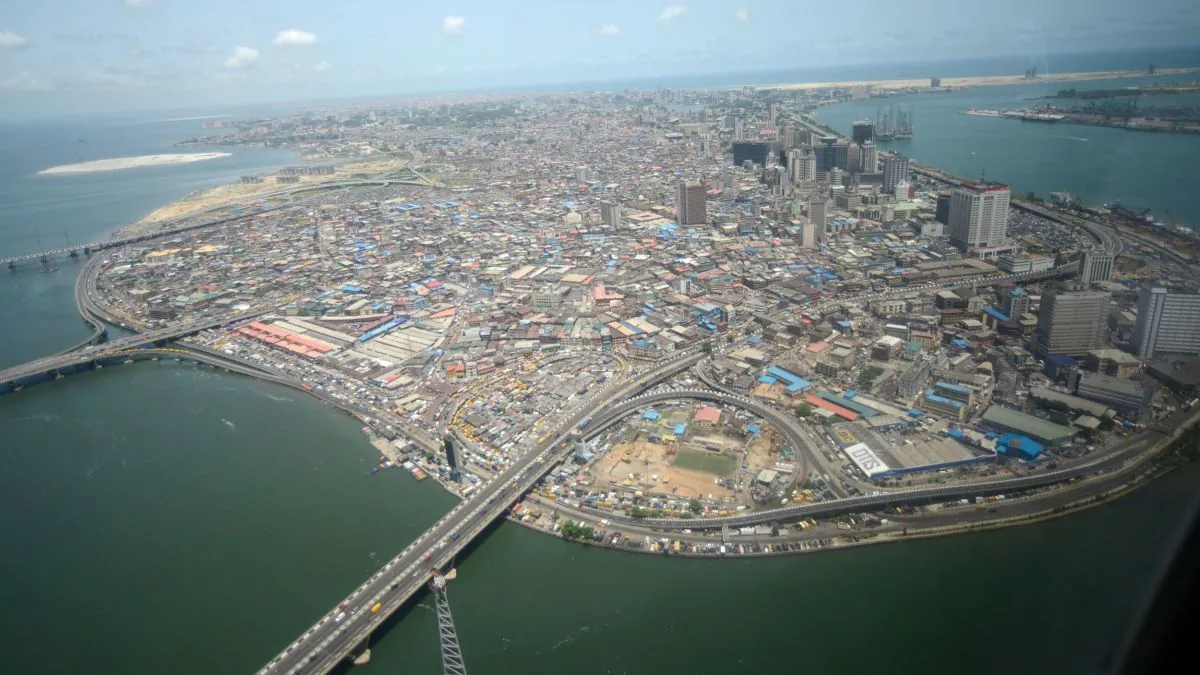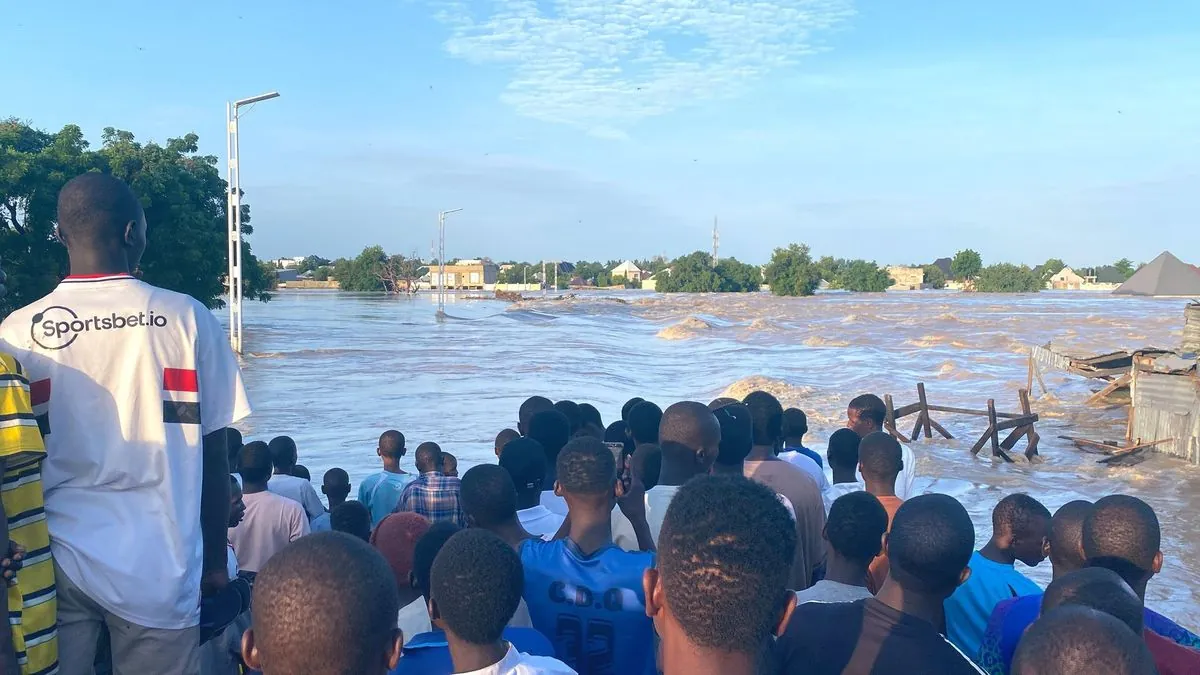Devastating Floods in Nigeria: 30 Dead, Over 1 Million Affected
Severe flooding in northeastern Nigeria has claimed 30 lives and impacted over a million people. A major dam collapse in Borno state has led to widespread displacement and economic disruption.

In a devastating turn of events, northeastern Nigeria has been struck by severe flooding, resulting in 30 fatalities and affecting more than one million individuals. The disaster, which unfolded on September 10, 2024, was primarily caused by the collapse of a major dam in Borno state, reminiscent of a similar incident that occurred three decades ago.
The flooding has submerged approximately 15% of Maiduguri, the capital of Borno state, home to about 1.5 million residents. This calamity comes nearly two years after Nigeria experienced its worst flooding in a decade, which claimed over 600 lives across the country.
Ezekiel Manzo, spokesperson for the National Emergency Management Agency, confirmed the death toll, while a gubernatorial aide indicated that the number of affected individuals could potentially rise to 2 million as documentation efforts progress.
The economic impact of this disaster has been significant. The central market in Maiduguri has been destroyed, leading to a surge in food prices. Mary Mamza, a local resident, expressed concerns about wildlife, as the flooding partially destroyed a nearby zoo, allowing some animals to escape. The situation has instilled fear among the populace, with reports of an escaped crocodile being killed in a residential area.

This catastrophe is part of a broader pattern of extreme weather events affecting West Africa. The United Nations reports that over 2.3 million people in the region have been impacted by flooding this year, a threefold increase from the previous year.
The flooding crisis underscores the severe impact of climate change on African nations. A recent report indicates that these countries are losing up to 5% of their GDP annually due to climate-related issues, with some allocating up to 9% of their budgets for climate adaptation policies.
"Many African nations are spending up to 9% of their budgets for climate adaptation policies."
As rescue operations continue, displaced residents are gathering at a former refugee camp outside the flood zone. The situation highlights the urgent need for improved infrastructure and disaster management strategies in Nigeria, Africa's most populous nation with over 200 million inhabitants.
It's worth noting that Nigeria, despite being Africa's largest oil producer and having the continent's largest economy by nominal GDP, often struggles with inadequate infrastructure for managing natural disasters. The country's diverse ecosystem, ranging from rainforests to savannas, is increasingly vulnerable to climate change impacts, as evidenced by the 90% shrinkage of the Lake Chad Basin since the 1960s.
As the nation grapples with this crisis, it serves as a stark reminder of the growing challenges faced by developing countries in the wake of climate change, emphasizing the need for global cooperation and support in addressing these critical issues.


































